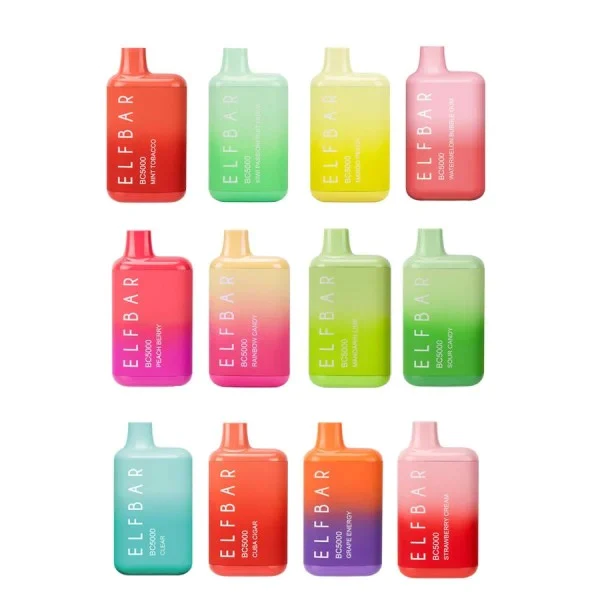Understanding Commercial Insurance for Ride Sharing Drivers and Companies
It seems like everyone loves to ride share these days — except the traditional cab companies, of course. Whether you’re the one using an App to request a top vehicle ride share to your destination, you’re the driver making some extra cash by participating, or the huge companies who are at the forefront of the movement, many different people are involved and taking part.
One of the biggest issues at hand here though is commercial insurance for these drivers and their vehicles. Does a driver need to purchase his or her own commercial policy? Does the company need to provide him or her with that? Do personal auto policies apply? Do the same regulations which are in place for taxi cabs apply?
This has been difficult for just about everyone to figure out. That includes lawmakers and legislators, the general public, the traditional taxi cab companies, the ride-sharing companies themselves, and the people offering their rides to be shared.
Clearly, a personal auto policy doesn’t seem to be an appropriate fit here. But does a full commercial insurance policy make sense? Do the extra costs of that make it worthwhile to be offering ride sharing to begin with? What is the responsibility of the ride sharing company for whom you’re working?
Not all of these questions have been solved as of this time. This will continue to be a hot topic of discussion, debate, and even legal entanglement, likely for years.
However, one important development here is that the state of California has a new bill in place that ride-sharing drivers must carry commercial insurance of $50,000 per injury in an accident, up to $100,000 total, and up to $30,000 in property damage coverage. This coverage applies when they are en route to pick up a passenger, which means it kicks in when the driver has received a request and is currently in transit to pick up that passenger.
When the passenger is being driven in the company, some companies, such as Uber, provide additional coverage. Uber currently provides $1 million of liability coverage per incident, $1 million of uninsured motorist coverage, and $50,000 of comprehensive and collision, and $50,000/$100,000/$25,000 of contingent coverage.
This is only one of the very first dominoes which will be falling in this industry though. It’s crucial that you stay informed with the latest news, trends and developments if you’re a ride sharing driver, thinking about becoming one, or are otherwise involved with a ride sharing company. For any questions, get in touch with an insurance company or broker who is familiar with commercial vehicle insurance, the emergence of ride-sharing companies, and the regulations in place in your local area.
Article Source: http://EzineArticles.com/8904791






+ There are no comments
Add yours